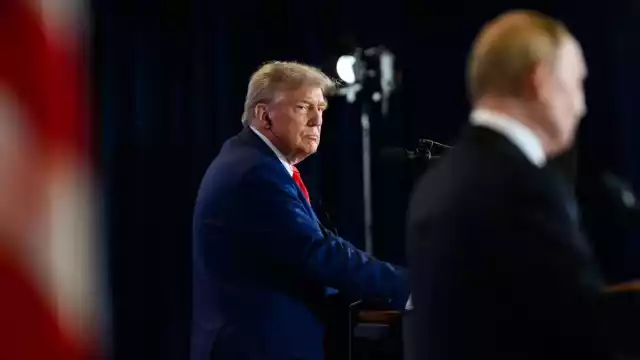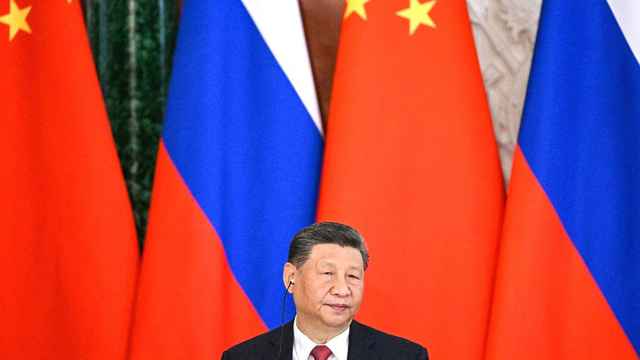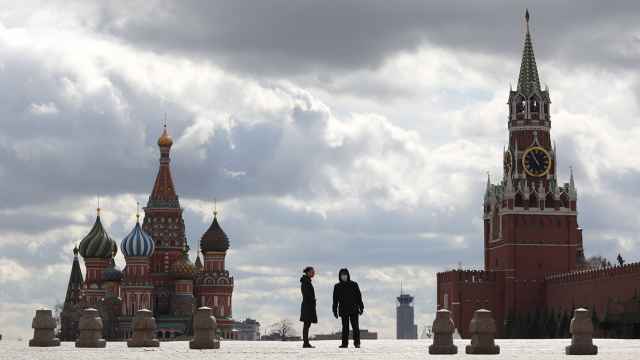U.S. President-elect Donald Trump’s advisers are crafting an oil sanctions strategy aimed at advancing a peace deal between Russia and Ukraine, Bloomberg reported Thursday, citing unnamed sources familiar with the discussions.
The proposed plan uses a “carrot-and-stick” approach. In one scenario, Trump’s team could ease sanctions on Russian oil producers by issuing general licenses or raising the G7 oil price cap above $60 per barrel if a resolution to the war appears imminent.
Conversely, the team is considering tightening sanctions to gain leverage over Moscow. Potential measures could include stricter secondary sanctions targeting European shippers and major buyers in China and India, as well as enhanced monitoring of tanker routes through the Danish and Turkish Straits.
These early-stage discussions reportedly involve Trump’s cabinet nominees and former sanctions officials, but final decisions will depend on the president-elect himself, Bloomberg wrote. Trump’s team is expected to confront challenges similar to those faced by the outgoing Biden administration in balancing sanctions enforcement with avoiding global oil market disruptions.
The report follows Trump’s recent statements about a potential meeting with Russian President Vladimir Putin, which the Kremlin said it was open to arranging.
Trump previously vowed to broker a peace deal before taking office on Jan. 20. However, Reuters reported Wednesday that Trump’s advisers believe a resolution to the war could take several months.
Last week, Trump’s Russia-Ukraine envoy Keith Kellogg suggested a peace deal may take shape within the first 100 days of his taking office.
Trump’s criticism of U.S. military aid to Ukraine has raised concerns in Kyiv about potential pressure to accept a peace deal on terms favorable to Moscow.
Ukrainian President Volodymyr Zelensky has stressed that without Washington’s support — totaling tens of billions of dollars since the full-scale invasion began in February 2022 — Ukraine would have likely lost the war.
A Message from The Moscow Times:
Dear readers,
We are facing unprecedented challenges. Russia's Prosecutor General's Office has designated The Moscow Times as an "undesirable" organization, criminalizing our work and putting our staff at risk of prosecution. This follows our earlier unjust labeling as a "foreign agent."
These actions are direct attempts to silence independent journalism in Russia. The authorities claim our work "discredits the decisions of the Russian leadership." We see things differently: we strive to provide accurate, unbiased reporting on Russia.
We, the journalists of The Moscow Times, refuse to be silenced. But to continue our work, we need your help.
Your support, no matter how small, makes a world of difference. If you can, please support us monthly starting from just $2. It's quick to set up, and every contribution makes a significant impact.
By supporting The Moscow Times, you're defending open, independent journalism in the face of repression. Thank you for standing with us.
Remind me later.






